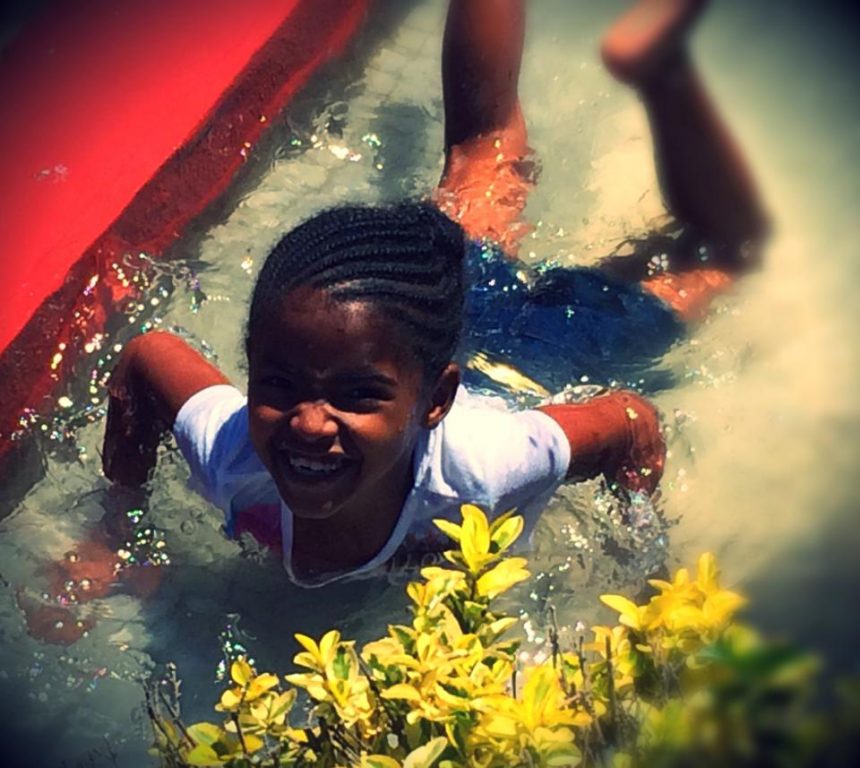With a population that comes into contact with bodies of water everywhere, it is vital that people learn how to swim.
Every year, a number of families lose loved ones in drowning incidents.
With several public holidays coming up, some people may be planning to visit the coast or laze around a swimming pool. People are urged to be careful. Kim Habib, from ER24, said the concern is that most people do not know how to swim or swim poorly. “Learn to swim. You are never too young or too old to learn,” she said.
People should remember however that anyone, even those who can swim, are at risk of drowning.
Risk-taking and overconfidence in swimming ability may play a significant role in water-related deaths.
Children
- Never allow a child to swim without adult supervision. Also, never leave youngsters unsupervised around water bowls or bathtubs for example.
- You can drown in approximately two centimetres of water.
- Ensure children wear a life jacket if they cannot swim.
- Keep your pool covered with an approved cover when not in use.
Safe swimming in open water:
- Do not swim too far out into the ocean. After a while, you may struggle due to fatigue or get swept away further due to strong currents.
- Wearing a life jacket is vital. Remember your life jacket when participating in water sports such as boating, tubing or rafting.
- When at the ocean, swim in designated areas that are supervised by lifeguards.
- Never swim alone.
- Remember that swimming in open water is not the same as swimming in a pool.
- Never dive or jump into unfamiliar or shallow water.
Habib added, “Do not consume alcohol near bodies of water. This impairs your movement and thinking. Do not ‘horse around’ near pools as you may slip, hit your head and fall in.”
She urged people to learn first aid and CPR. “It is never too early to learn first aid and CPR. ER24’s Training Academy recently held a pre-first aid course for children from seven to 14 years of age. These children now know how to perform chest compressions (hands only CPR),” said Habib.
Explaining what happens to a person during a drowning incident Habib said, “When a person becomes submerged in water, they may swallow large volumes of water as well as breathe some water into their lungs.
“This washes out the protective layering in the alveoli in the lungs. The alveoli are where gaseous exchange takes place and oxygen moves into the bloodstream.
“With water in the way, oxygenation cannot take place and the person becomes hypoxic (little oxygen in the cells, tissues and brain). The person who is submerged will then pass out. Water will enter their lungs freely and they will drown. Without oxygen, your brain cells begin to die.”
If a victim is revived and survives the drowning, there may be brain damage/neurological damage or they may be normal. This depends on how long they were without oxygen.
“With regards to the lungs – the surfactant (protective layer of fluid which holds the alveoli open) will be washed out and the alveoli collapse. The victim who has taken in the water may develop pneumonia,” said Habib.
What to do if someone is drowning?
- If you are at the coast and you see a person drowning, alert a lifeguard immediately. If you decide to save the person yourself, ensure you wear a floatation device.
- If you find a person drowning and are able to get them out of the water, initiate CPR if there is no pulse and breathing.
- Do not stop CPR unless the victim starts to breathe on his/her own.
- Call for an ambulance as soon as possible and tell them what you are doing so they can send the correct level of care.
- Do not put the person in the car and drive to hospital. You may be involved in an accident due to panic or the victim may suffer brain damage while en route to hospital.
- In case of a near drowning, seek medical attention as soon as possible and explain clearly to medical staff what has happened. There are instances where secondary drowning occurs. This is more common in children than adults and may be difficult to recognise. The person may seem okay even though they have taken in water that finds its way to the lungs.
- ER24’s Emergency Contact Centre can be reached 24 hours a day on 084 124 for any medical emergency.
ER24’s Training Academy offers first aid and CPR courses. Email training@er24.co.za for further information.
Chitra Bodasing
ER24 spokesperson
Also view:
